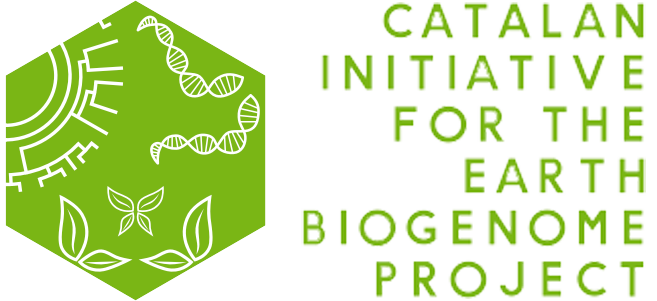Date: June 23, 2021
Place: Virtual
Organizer: Golden Helix
Speaker: Zaira M. Estrada-Reyes, University of California Davis
Registration: Golden Helix website
The Florida Cracker Sheep (FCS) is one of the oldest sheep breeds in the United States. This heritage breed from Florida, naturally adapted to humid and hot climate conditions, is one of the most parasite resistant breeds from the Southern US. However, approximately 1,000 individuals remain alive in the world. Therefore, more research and conservational efforts are required to support all the FCS producers from Florida and rescue FCS from extinction.
Advancements in NGS technologies and reduction in genotyping costs have allowed the utilization of these tools in animal genetics and genomics. We followed up a FCS population (n = 350) from a commercial farm to evaluate parasite resistance traits (FEC, FAMACHA score, hematocrit) using a longitudinal study and genotyped 300 sheep using the GGP Ovine 50k array. Analysis with Golden Helix SVS software identified 15 SNPs with additive and non-additive effects associated with parasite resistance in chromosome 1, 2, 3, 6, 8, 10, 11,12, 13 and 21. Also, a deletion CNV was associated with parasite resistance (FEC) in chromosome 21. Some of these DNA variants were located in STAT5B, NRIPI, TRPM3, WC1, GPC5, CELF2 and RAB3IL genes which control immune response mechanisms in sheep.
Validation of these results and implementation of genomic selection utilizing information from NGS, SNP genotyping and WGS can be easily performed by Golden Helix SVS software. This will allow the implementation of breeding and conservational programs in FCS farms and will improve the profitability of farms over the long term by incorporating the use of genetically parasite resistant sheep and promote local sheep meat production in Florida.
To learn more about our research, please sign up for the webcast on June 16, 2021. We look forward to seeing you at this event!
